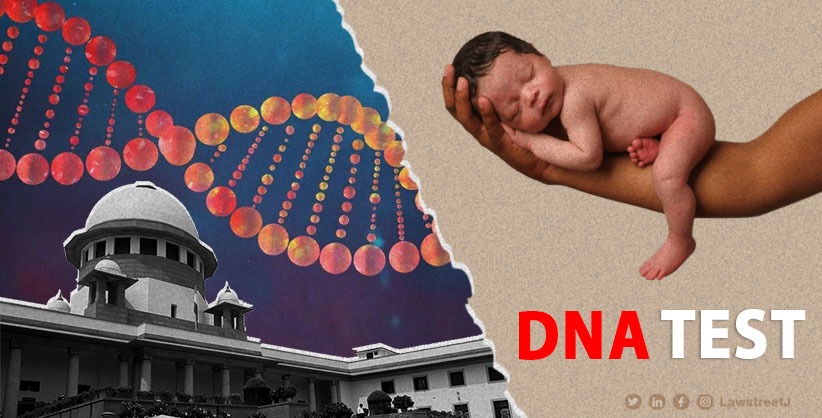NEW DELHI: The Supreme Court on Monday said DNA test of a minor child cannot be ordered routinely in matrimonial disputes in order to ascertain paternity or to prove charges of infidelity against the mother, since this could result in trauma to the child and affect right to privacy.
A bench of Justices V Ramasubramanian and B V Nagarathna said a court would not be justified in mechanically directing a DNA test of a child, in a case where the paternity of a child is not directly in issue, but is merely collateral to the proceeding.
The court emphasised that DNA testing cannot be used as a shortcut to establish infidelity that might have occurred over a decade ago or subsequently after the birth of the child.
"Merely because either of the parties have disputed a factum of paternity, it does not mean that the court should direct DNA test or such other test to resolve the controversy. The parties should be directed to lead evidence to prove or disprove the factum of paternity," the bench said.
The bench allowed an appeal by a woman against the Bombay High Court's order which confirmed the direction of the family court to order one of her two children to undergo DNA test on her husband's plea alleging her of adulterous relationship with another man in divorce proceedings.
The bench said the court can direct such test only in exceptional and deserving cases, where such a test becomes indispensable to resolve the controversy.
The court said a finding as to illegitimacy, if revealed in a DNA test, would, at the very least adversely affect the child psychologically.
It can cause not only confusion in the mind of the child but a quest to find out who the real father is and a mixed feeling towards a person who may have nurtured the child but is not the biological father. "Not knowing who ones father is creates a mental trauma in a child. One can imagine, if, after coming to know the identity of the biological father what greater trauma and stress would impact on a young mind," the bench said.
"A parent may, in the best interests of the child, choose not to subject a child to a DNA test. It is also, antithetical to the fundamentals of the right to privacy to require a person to disclose, in the course of proceedings in rem, the medical procedures resorted to in order to conceive," the bench added.
It further said that while directing DNA tests as a means to prove adultery, the court is to be mindful of the consequences thereof on the children born out of adultery, including inheritance-related consequences, social stigma, etc.
It is undeniable that a finding as to illegitimacy, if revealed in a DNA test, would, at the very least adversely affect the child psychologically Not knowing who ones father is creates a mental trauma in a child. One can imagine, if, after coming to know the identity of the biological father, what greater trauma and stress would impact on a young mind, the bench said.
The top court said questions surrounding paternity have a significant impact on the identity of a child. Routinely ordering DNA tests, particularly in cases where the issue of paternity is merely incidental to the controversy at hand, could, in some cases even contribute to a child suffering an identity crisis, it said.
In the case at hand, the husband had caused DNA test to be conducted at a private laboratory which showed probability of paternity of the child as zero.
The bench pointed out it was unable to accept that a DNA test would be the only way in which the truth of the matter can be established as the husband has categorically claimed that he is in possession of call recordings/transcripts and other materials which may be summoned in accordance with law to prove the infidelity of the woman.







